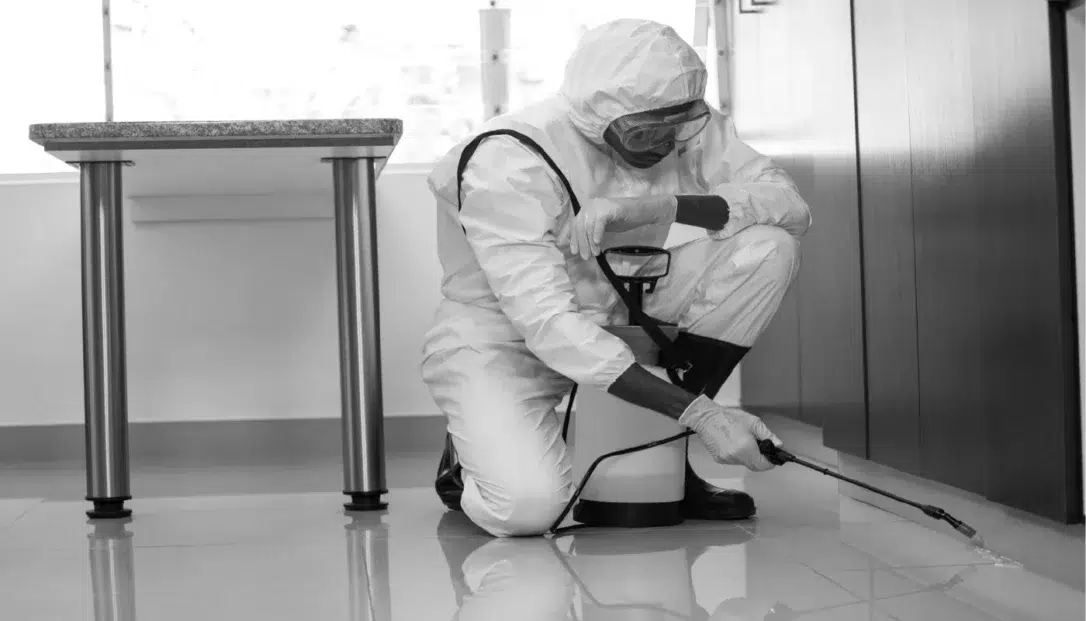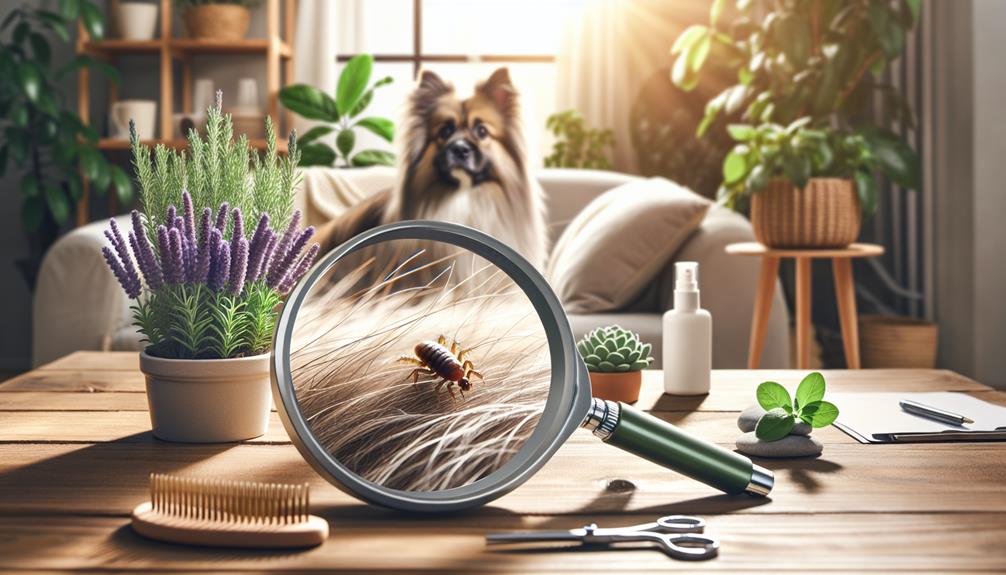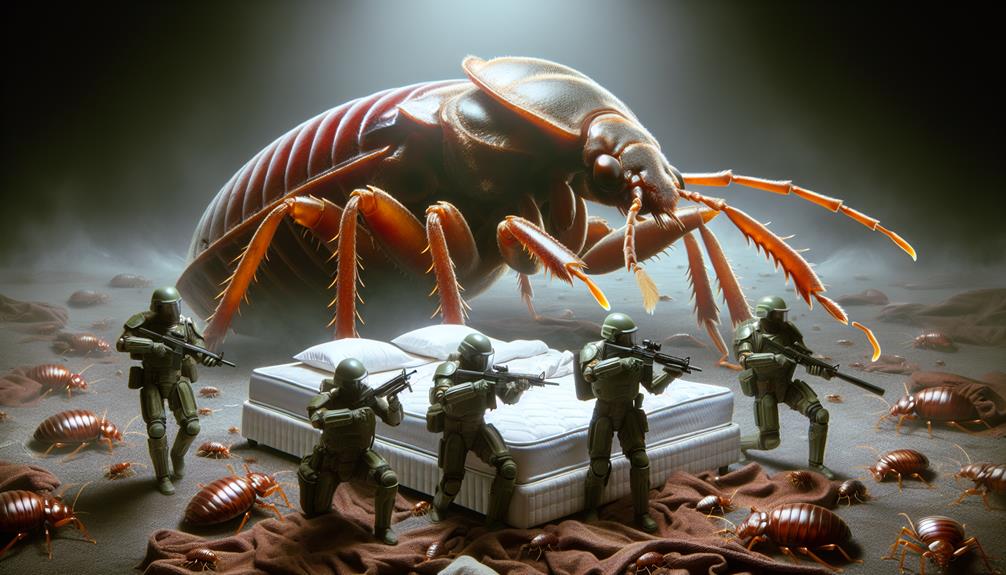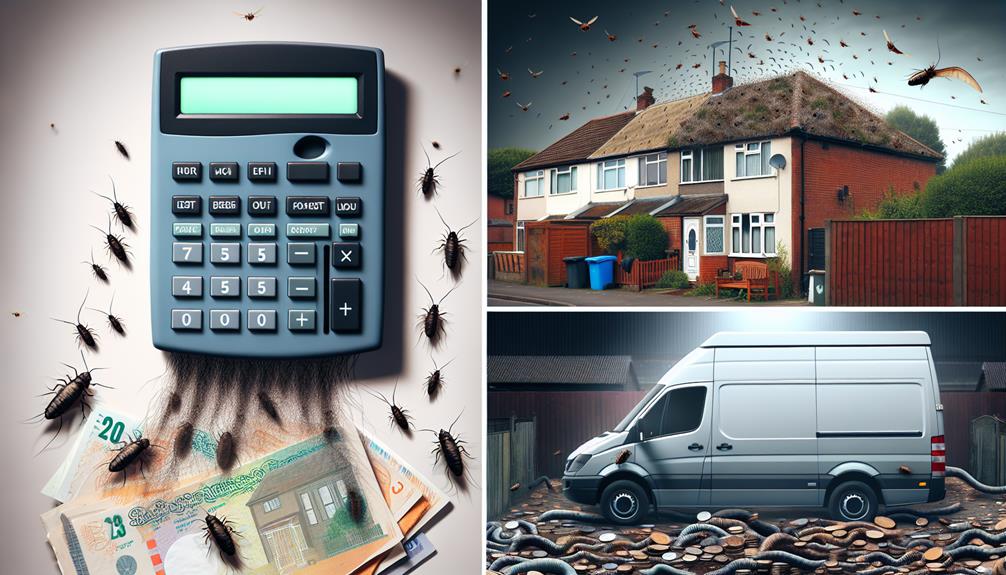As the world of renting continues to grow, questions surrounding pest control responsibilities remain a hot topic for both landlords and tenants. Understanding who bares the responsibility for managing and eliminating pests is crucial to maintaining a harmonious rental relationship. This comprehensive guide delves into the legal framework, landlord and tenant obligations, shared responsibility scenarios, preventive measures, and reporting and resolving pest issues.
Understanding the Legal Framework
The legal framework surrounding pest control responsibilities in the rental sphere is primarily defined by three key pieces of legislation:
Homes (Fitness for Human Habitation) Act 2018: This act requires landlords to ensure their properties are fit for human habitation, which includes being free from pest infestations. The act empowers tenants to take legal action against landlords who fail to meet this standard.
Housing Act 2004: This act sets out the standards required for rented properties and the duties of landlords and tenants in maintaining these standards.
The Environmental Protection Act 1990: This act outlines the responsibility of local authorities to enforce pest control measures and investigate complaints related to pests in rental properties.
Together, these acts provide a robust legal basis for determining the allocation of pest control responsibilities between landlords and tenants.
The Responsibilities of Landlords
Landlords have a legal duty to ensure their properties are fit for habitation, as per the Housing Act 2004. This includes providing a clean, safe, and pest-free environment for tenants. Key responsibilities of landlords in relation to pest control include:
Pest Prevention: Landlords must take all necessary precautions to prevent pests from entering the property, such as sealing entry points, maintaining the property's structural integrity, and addressing issues that may attract pests (e.g., dampness and rubbish accumulation).
Pest Inspection: Regular inspections should be conducted by landlords to identify and address potential pest issues. Early detection and intervention can prevent significant infestations and property damage.
Pest Treatment: If a pest infestation occurs due to circumstances beyond the tenant's control, the landlord is responsible for arranging and covering the costs of professional pest treatment.
The Obligations of Tenants
Tenants also have a role to play in maintaining a pest-free environment within their rental property. Key obligations of tenants in relation to pest control include:
Maintaining Cleanliness: Tenants should keep the property clean and tidy, disposing of rubbish appropriately and not leaving food exposed to deter pests.
Reporting Pest Issues: Tenants must promptly notify the landlord of any pest issues so that appropriate action can be taken.
Cooperating with Pest Treatment: Tenants are required to cooperate with any pest treatment measures arranged by the landlord, including granting access to the property and following any instructions given by the pest control professional.
Covering Treatment Costs (If Applicable): In cases where the tenant's actions have directly led to a pest infestation, they may be held responsible for the costs of professional pest treatment.
Shared Responsibility Scenarios
There are instances where both landlords and tenants share responsibility for pest control. Some common shared responsibility scenarios include:
Neighbouring Properties: When a pest infestation originates from a neighbouring property, both the landlord and tenant should work together to communicate with the neighbouring landlord or tenant to resolve the issue. This may involve engaging the local authority to enforce pest control measures if necessary.
Common Areas: In multi-unit properties, both landlords and tenants share responsibility for keeping common areas clean and pest-free. Landlords should ensure structural maintenance, while tenants must keep shared spaces tidy and free from rubbish.
Gardens and Outdoor Spaces: For properties with outdoor spaces, landlords are responsible for maintaining the structural boundaries and ensuring proper waste disposal facilities. Tenants, on the other hand, must keep gardens and outdoor spaces clean and free from debris that may attract pests.
Preventive Measures for Pest Control
Prevention is always better than cure when it comes to pest control. Both landlords and tenants can take proactive steps to minimise the risk of infestation:
Regular Property Inspections: Landlords should schedule periodic property inspections to identify and address potential pest issues early on.
Sealing Entry Points: Landlords must ensure all potential pest entry points are sealed, including gaps around pipes, cracks in walls, and damaged window screens.
Proper Waste Disposal: Tenants should store and dispose of rubbish correctly to avoid attracting pests. This includes using bins with secure lids and not allowing waste to accumulate.
Food Storage: Tenants should store food in sealed containers and clean up any spills or crumbs immediately.
Clutter Control: Tenants should keep living spaces clutter-free, as clutter can provide hiding places for pests.
Reporting and Resolving Pest Issues
Effective communication between landlords and tenants is crucial for addressing pest issues promptly and efficiently. The following steps outline the process for reporting and resolving pest infestations:
Tenant Reports Issue: As soon as a tenant suspects a pest issue, they should inform the landlord in writing, detailing the nature and extent of the problem.
Landlord Investigates: Upon receiving the tenant's report, the landlord should investigate the issue, determine the cause of the infestation, and assess whether it falls within their responsibility.
Landlord Arranges Pest Control: If the issue falls within the landlord's responsibility, they must arrange for professional pest control services and cover the associated costs.
Tenant Cooperates with Pest Control: The tenant should grant access to the property to the pest control professional and follow any instructions provided to ensure a successful treatment.
Follow-Up Inspection: After treatment, the landlord should conduct a follow-up inspection to ensure the issue has been resolved and take any necessary steps to prevent future infestations.
Understanding the division of pest control responsibilities between landlords and tenants is essential for maintaining a healthy and harmonious rental environment. By adhering to the legal framework, cooperating in shared responsibility scenarios, and following preventive measures, both parties can contribute to a pest-free property. Clear communication and prompt action in reporting and resolving pest issues will ensure a swift and successful resolution to any infestations that may arise.
Frequently Asked Questions
Who is responsible for pest control in a rented property?
The responsibility for pest control in a rented property is typically shared between the landlord and the tenant. Landlords are responsible for ensuring the property is structurally sound and free from pests at the start of the tenancy, while tenants must maintain cleanliness and report any pest issues to the landlord.
What legal rights do tenants have regarding pest control?
Tenants have the right to live in a safe, clean, and pest-free environment, as per the Housing Act 2004, the Environmental Protection Act 1990, and the Homes (Fitness for Human Habitation) Act 2018. If a landlord fails to address pest issues, tenants can report the problem to their local authority or, in some cases, take legal action against the landlord.
Can a tenant be held responsible for the cost of pest control?
In cases where the tenant's actions have directly led to a pest infestation, they may be held responsible for the costs of professional pest treatment. However, if the infestation is due to structural issues or other factors outside the tenant's control, the landlord is responsible for covering the costs.
What steps can landlords and tenants take to prevent pest infestations?
Landlords should conduct regular property inspections, seal entry points, and maintain the property's structural integrity. Tenants can contribute by maintaining cleanliness, storing food properly, disposing of waste correctly, and keeping living spaces clutter-free.
How should a tenant report a pest issue to their landlord?
Tenants should report any suspected pest issues to their landlord in writing as soon as possible, detailing the nature and extent of the problem. This allows the landlord to investigate the issue, determine the cause of the infestation, and take appropriate action to resolve it.
Share this Post




